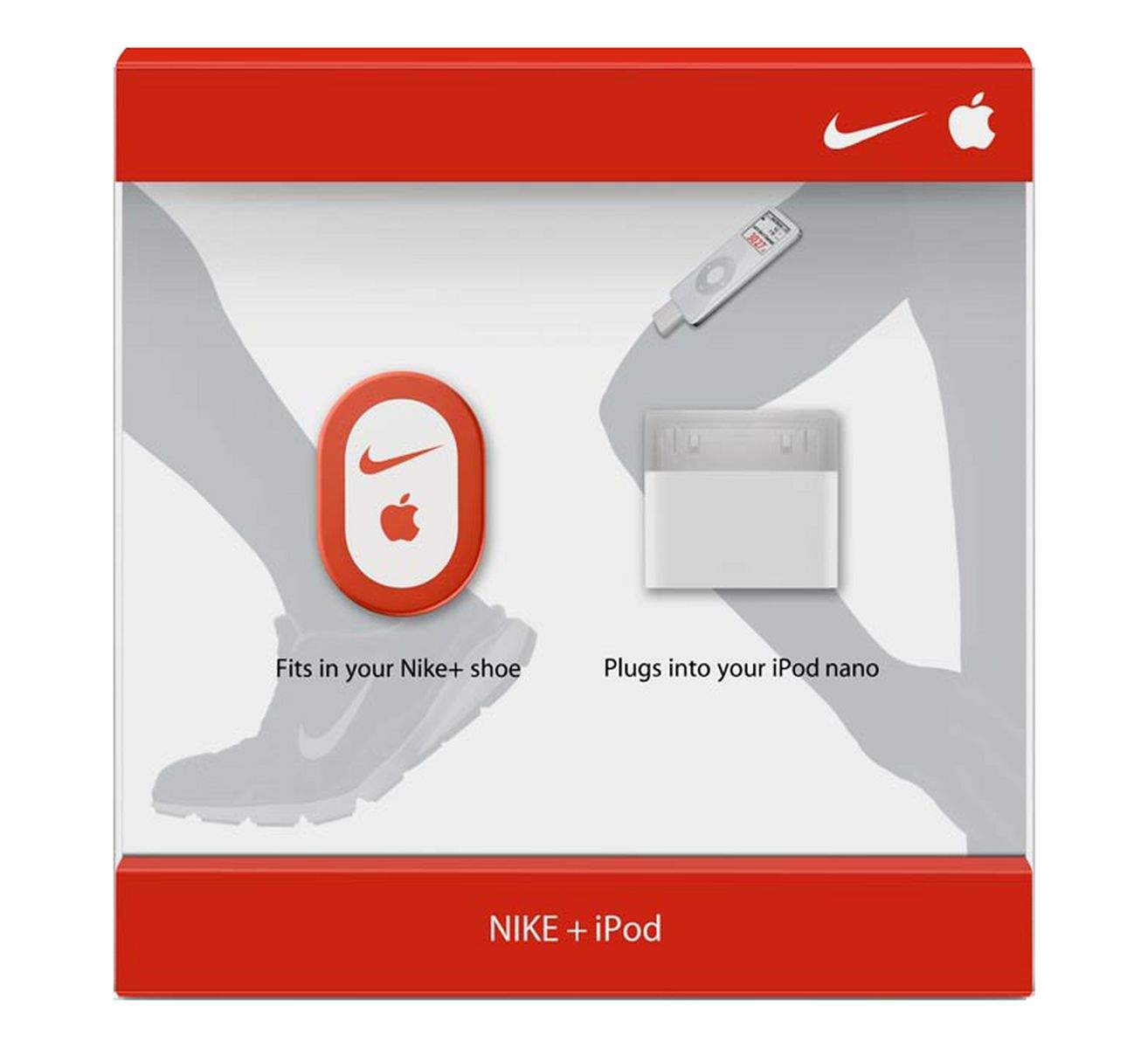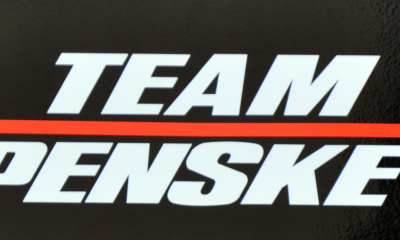The partnership between Stakelogic and Spielbanken Bayern represents more than just another business collaboration—it’s a watershed moment that’s transforming Germany’s highly regulated gambling landscape. As Bavaria carved out its role as the country’s digital gaming trailblazer, this alliance between the innovative Dutch gaming developer and the state-owned casino operator is setting new standards for what legally compliant online gambling can achieve in one of Europe’s most restrictive markets.
The Genesis of a Revolutionary Partnership
When Bavaria made history in April 2024 by becoming the first German state to launch online live-casino games, it wasn’t just opening another digital platform—it was fundamentally reshaping the country’s approach to regulated online gambling. The timing couldn’t have been more strategic, as Germany’s gambling market generated €14.4 billion in 2024, with online gambling accounting for 24% of total legal gambling revenues.
The collaboration between Stakelogic and Spielbanken Bayern began taking shape in early 2025, with both companies recognizing the unprecedented opportunity to establish a gold standard for compliant online casino operations. The partnership culminated on May 28, 2025, when spielbanken-bayern-online.de launched its first series of Automatic Roulette games, marking the inaugural phase of what promises to be a comprehensive digital gaming ecosystem.
Stakelogic: From Startup to Industry Powerhouse
Building on Novomatic’s Legacy
Stakelogic’s journey began in 2014 when it was established as a subsidiary of Novomatic, the Austrian gaming giant that generates €1.8 billion in annual revenue and operates over 2,000 gaming facilities across 50 countries. Initially, Stakelogic inherited Sheriff Gaming’s portfolio, giving it a head start in the competitive online casino market. This foundation allowed the company to quickly establish itself as a serious player in the industry.
The company’s transformation accelerated in 2018 when it was acquired by Dutch investment firm Triple Bells BV, gaining independence from Novomatic and the freedom to pursue its own strategic vision. This change in ownership proved pivotal, as Stakelogic began developing its distinctive identity in the crowded gaming software market.
Financial Performance and Market Position
Stakelogic’s financial trajectory tells a compelling story of rapid growth and market expansion. The company’s estimated annual revenue reached $22.8 million in 2024, with a healthy revenue per employee of $140,000. Employee count has grown to 163 people, representing a 13% increase from the previous year, indicating robust business expansion and market confidence.
Different sources report varying revenue figures, with some estimating revenues between $15-25 million, while others suggest figures around $14.6-16.5 million. These variations likely reflect different reporting methods and time periods, but all sources confirm Stakelogic’s position as a financially stable and growing enterprise.
Technological Innovation and Product Portfolio
At the core of Stakelogic’s competitive advantage lies its proprietary 360° technology, which creates immersive gaming experiences that differentiate its products in an increasingly crowded marketplace. The company has developed over 100 high-quality slot games using HTML5 technology, ensuring compatibility across desktop and mobile devices.
Stakelogic’s portfolio spans multiple product categories, including traditional slots, live casino games, and hybrid gaming experiences. The company maintains 164 online slots and table games, complemented by 22 live dealer games that include classic blackjack, roulette, and innovative money wheel game shows. This diverse offering has enabled the company to serve operators across 17 regulated markets, with games available in over 15 languages.
Strategic Competitors and Market Dynamics
The gaming software industry is fiercely competitive, with Stakelogic facing established players like Evolution Gaming, NetEnt, Pragmatic Play, and Playtech. Evolution Gaming, the market leader in live casino solutions, boasts a market capitalization of €14.6 billion and operates over 700 live tables across 15 languages. NetEnt, now owned by Evolution following a $2.1 billion acquisition in 2020, remains legendary for blockbuster slots like Starburst and Gonzo’s Quest.
Stakelogic’s strategic approach focuses on differentiation through innovative features like Super Stake, Mega Super Stake, and Quattro mechanics, which set its games apart from competitors. The company’s ability to develop content completely in-house, with quick turnaround times and high-quality standards, has been recognized as a key competitive advantage.
The SEGA Sammy Acquisition: A Game-Changing Alliance
The gaming industry witnessed a seismic shift in 2024 when Japanese entertainment conglomerate SEGA Sammy Holdings announced its acquisition of Stakelogic for €130 million. This strategic move, completed in April 2025, represents SEGA Sammy’s ambitious expansion into the regulated iGaming market.
The acquisition faced significant legal challenges when SEGA Sammy initially attempted to withdraw from the deal, citing alleged regulatory violations by Stakelogic in Japan and Turkey. However, the Amsterdam District Court ruled in favor of enforcing the original agreement, compelling SEGA Sammy to complete the transaction.
Under SEGA Sammy’s ownership, Stakelogic gains access to enhanced global distribution networks and increased financial resources to accelerate its growth trajectory. CEO Stephan van den Oetelaar emphasized that the partnership would enable the company to capitalize on the projected doubling of the regulated iGaming market in the coming years.
Spielbanken Bayern: Bavaria’s Casino Crown Jewel
Historical Foundation and Government Ownership
Spielbanken Bayern’s history stretches back to 1955 when Bavaria first authorized casino operations after heated political debates in the state parliament. The company operates as a public enterprise under the State Lottery and Casino Administration in Bavaria, giving it a unique position in the German gambling landscape.
The organization manages nine casino locations throughout Bavaria: Bad Kissingen, Bad Steben, Feuchtwangen, Bad Kötzting, Bad Füssing, Bad Reichenhall, Bad Wiessee, Garmisch-Partenkirchen, and Lindau. Each location serves as both a tourist attraction and economic catalyst for their respective regions.
Financial Performance and Market Impact
Spielbanken Bayern’s financial performance demonstrates the strength of the Bavarian casino market. In 2022, the nine casinos generated €106 million in gross gaming revenue, with Bad Wiessee leading the pack at €33 million—its highest revenue since 2007. This flagship location attracted nearly 130,000 visitors, highlighting the continued appeal of traditional casino experiences.
The company’s economic impact extends beyond direct gaming revenue. In 2024, around 40,000 visitors were welcomed to the Bad Reichenhall casino alone, which generated approximately €6.4 million in revenues. The collective operations contribute approximately €28 million annually in taxes to local governments, demonstrating the significant public benefit of state-owned casino operations.
Regulatory Compliance and Social Responsibility
As a state-owned enterprise, Spielbanken Bayern operates under strict regulatory frameworks designed to ensure responsible gambling practices. The company implements comprehensive player protection measures, including individual betting and loss limits, player blocking systems, and automated early detection systems for gambling addiction.
The organization’s commitment to social responsibility extends beyond regulatory compliance. Spielbanken Bayern actively participates in gambling addiction prevention programs and maintains trained staff capable of identifying and addressing problematic gambling behaviors. This approach has become increasingly important as criticism has emerged regarding the expansion of gambling opportunities through online platforms.
Digital Transformation and Innovation
Spielbanken Bayern’s entry into online gambling represents a significant strategic shift for the traditionally land-based operator. The launch of spielbanken-bayern-online.de in April 2024 marked Germany’s first state-operated online casino, establishing a new benchmark for regulated digital gambling.
The digital platform initially focused on roulette live games available from 10 AM to 2 AM Sunday through Thursday, and until 3 AM on weekends, with virtual offerings available 24/7. This measured approach reflects the company’s commitment to responsible gambling while maximizing player accessibility.
Germany’s Evolving Gambling Regulatory Framework
The Interstate Treaty on Gambling Revolution
Germany’s gambling landscape underwent dramatic transformation with the implementation of the Interstate Treaty on Gambling (Glücksspielstaatsvertrag) in July 2021. This comprehensive legislation replaced a patchwork of state-level regulations with a unified national framework, legalizing various forms of online gambling while implementing strict player protection measures.
The treaty established several key restrictions designed to promote responsible gambling: a €1,000 monthly deposit limit for all players, €1 stake limits on online casino slots, prohibition of live casino games and progressive jackpot slots, and limited sports betting options. These measures reflect Germany’s cautious approach to gambling liberalization, prioritizing player protection over market expansion.
Market Performance and Growth Trajectory
Germany’s gambling market has demonstrated remarkable resilience and growth since regulatory reform. The market generated €14.4 billion in gross gaming revenue in 2024, representing a 5% increase from the previous year. Online gambling has emerged as the primary growth driver, increasing by 18% to reach €3.5 billion in 2024.
The online gambling sector now accounts for 24% of total legal gambling revenues, with projections indicating continued expansion. Virtual slot machines and online poker experienced particularly strong growth, with a 38% increase in these verticals. Online sports betting also performed well, generating €1.3 billion in revenue with a 10% increase compared to 2023.
Regulatory Challenges and Black Market Competition
Despite the success of legal gambling operations, Germany continues to face significant challenges from illegal gambling operators. The GGL estimates that the black market for online gambling represents €500-€600 million, approximately 3-4% of the total legal market. The majority of illegal gambling websites targeting German consumers operate from jurisdictions outside the European Union, with 152 operators based in Curacao.
Regulatory authorities have responded aggressively to combat illegal gambling, making 459 illegal websites inaccessible through prohibition orders in 2024 alone. The government has also implemented blocking measures for payment service providers and internet service providers to restrict access to unlicensed gambling sites.
Regional Variations and State-Level Innovation
While the Interstate Treaty provides a national framework, individual states retain authority over certain gambling activities, particularly online casino games. Bavaria’s pioneering role in online live casino games has been followed by other states, with Baden-Württemberg becoming the third state to regulate these games in 2025.
The state-level approach has created a complex regulatory environment where different rules apply depending on the jurisdiction and type of gambling activity. This fragmentation has led to calls for further harmonization, particularly as the industry continues to evolve and expand.
The Future of Live Casino Gaming Technology
Technological Innovation and Player Experience
The live casino gaming sector is experiencing rapid technological advancement, with innovations like virtual reality, augmented reality, and artificial intelligence reshaping player experiences. These technologies are creating more immersive and engaging gaming environments that blur the lines between online and land-based casino experiences.
Live dealer games have become increasingly sophisticated, with operators investing in advanced video streaming technology, multiple camera angles, and real-time chat functionality to enhance social interaction. The integration of live streaming technology is particularly pronounced among younger demographics, who prioritize realism and social engagement in their gaming experiences.
Market Projections and Growth Opportunities
The global online casino market, which includes online crypto casinos, is projected to reach $38.00 billion by 2030, growing at a CAGR of 12.2% from 2025 to 2030. Live casino gaming is expected to be a primary growth driver, as operators seek to differentiate their offerings and attract high-value players who prefer authentic casino experiences.
The integration of blockchain and cryptocurrency technologies is also creating new opportunities for innovation and player engagement. These technologies are enhancing transparency, reducing transaction times, and building trust among users, particularly in regions with stringent banking regulations.
Competitive Dynamics and Market Leadership
The live casino software market is dominated by a few key players, with Evolution Gaming maintaining clear market leadership. The company’s comprehensive portfolio includes classic table games, innovative game shows, and cutting-edge streaming technology that sets industry standards.
Competitors like Pragmatic Play, Playtech, and Ezugi continue to challenge Evolution’s dominance by focusing on specific market segments or regional strengths. Newer entrants like Stakelogic are differentiating themselves through innovative features and partnerships with established operators.
Related Pages






 July 13, 2006: Apple releases its first activity tracker, the Nike+iPod Sport Kit, which combines Cupertino’s popular music player with a smart pedometer.
July 13, 2006: Apple releases its first activity tracker, the Nike+iPod Sport Kit, which combines Cupertino’s popular music player with a smart pedometer.
























































 BREAKING: NBA MVP Shai Gilgeous-Alexander signs the RICHEST annual salary in league history
BREAKING: NBA MVP Shai Gilgeous-Alexander signs the RICHEST annual salary in league history